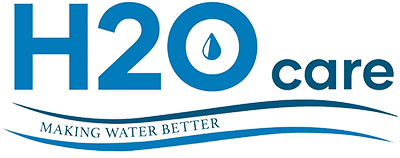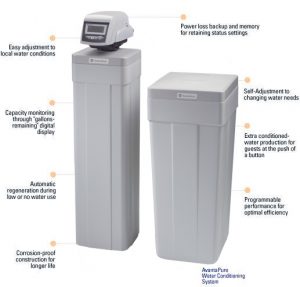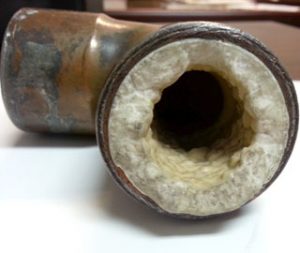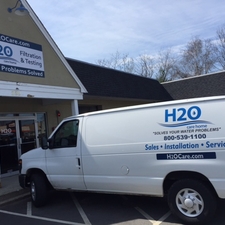WATER SOFTENER EFFECTIVENESS
A water softener is effective in removing some of the most common contaminants found in private wells or the public water supply inLawrence. The main contaminants are iron & manganese as well as the hard water minerals magnesium and calcium. Small amounts of these minerals can have large affects on your home’s water quality. The EPA maximum allowable levels for iron as a secondary contaminant is .3 parts per million. The EPA maximum allowable level for manganese as a secondary contaminant is .05 parts per million. As you can see, these are very small amounts, but their affects can create quite an impact. Water softening will be very effective if you have hard water, iron or manganese in your well water.
Water softeners will remove dissolved forms of iron & manganese and hard water minerals.To remove particulate iron or manganese, a cartridge filter with proper micron rating will be effective. Depending on the specific situation, this could require a series of filters with different size micron ratings to handle heavier levels in the water. Selecting the appropriate micron rating and style of filter can be determined by a water treatment professional based on water test results and other symptoms. For more on hard water see hard water epa.
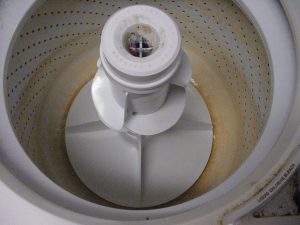
Dissolved Iron Staining
OTHER AFFECTS OF IRON, MANGANESE & HARD WATER
Hard water affects include corrosion and scaling inside pipes, as well as major staining throughout the home’s showers, bathtubs, and sinks. Hard water is also notorious for destroying hot water heaters way ahead of their useful life (scale build-up inside hot water heaters can insulate the temperature sensor inside the tank causing them to work much harder to bring the temperature up to the set level). Iron and manganese can create orange,rusty or black/brown staining and corrosion in the home as well.
Hydrogen Sulfide is evidenced typically by a rotten egg smell in your water, however this may also be caused by high Manganese levels in the water also. A water filtration system specifically for this problem is effective in correcting this.
RADON & ARSENIC IN PRIVATE WELLS
Other contaminants sometimes found in private well water include Radon and Arsenic. A water softener (water softening) will not remove these health threat contaminants. Radon is safely removed with an aeration system that agitates the incoming well water, releasing the gas from the water in a sealed chamber, then venting it safely to the outside ambient air (see link at http://radon-removal/ for more information). Arsenic in water can be removed at the point of entry into the home with tanks filled with arsenic specific resin that captures the arsenic before it can get into the home’s water supply (see the link at http://arsenic-removal/ for more information). Point of use systems for drinking water can use reverse osmosis technology to effectively remove arsenic. Speak to a water treatment professional about which system is right for you.
WATER TESTING
Having a water test performed is an important first step in the process of improving your water quality. Without a test and analysis, the most appropriate type of water softener or other water filtration system cannot be determined. For more on water testing, see the link at http//water-testing/.
